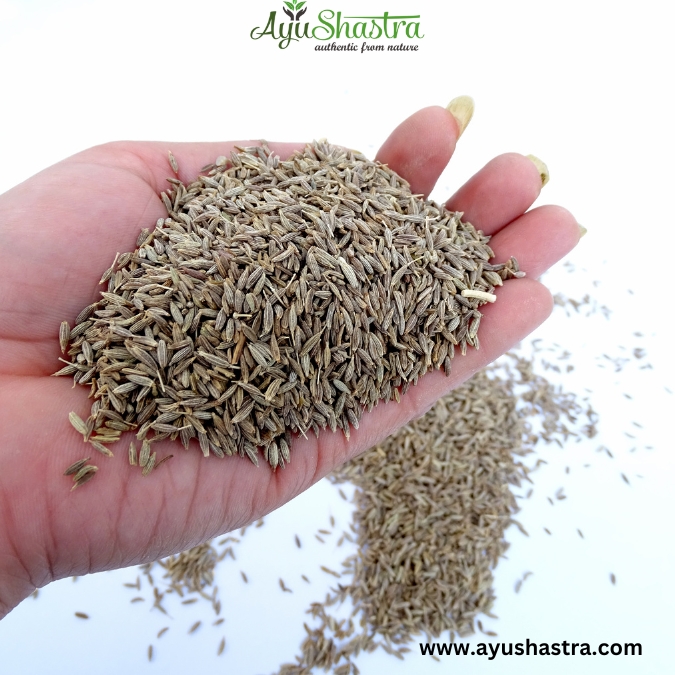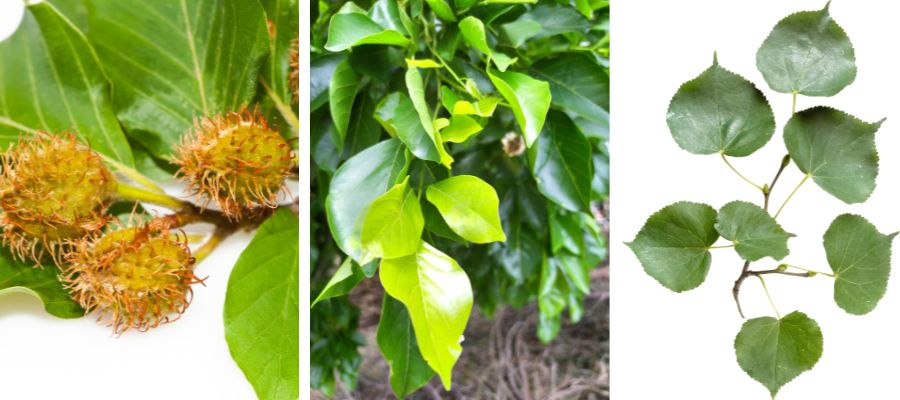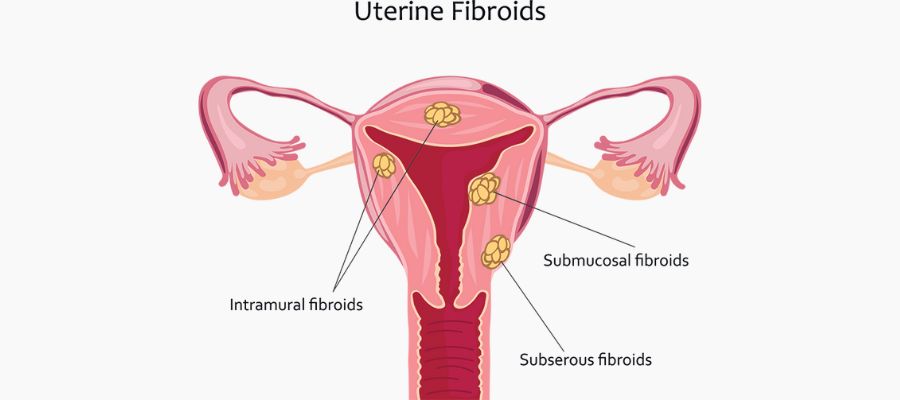
SCIENTIFIC NAME: Cuminum cyminum
HINDI NAME: Jeera
ENGLISH NAME: Cumin
FAMILY: Apiaceae
SHORT DESCRIPTION
Cumin or Jeera is a type of herb. The plant's seeds are used to make medicine. Cumin is known as Jeeraka in Sanskrit, which is derived from the Sanskrit word jeera, which means digestion. Jeeraka has a pungent taste and a hot potency that improves taste perception, stimulates the digestive fire, and promotes digestion. It helps to balance Vata and Kapha dosha but may mildly increase the pitta.
USES/BENEFITS/DISEASES
- improves digestive functioning.
- increase urine flow to relieve bloating
- Aids in regularising menstrual cycle
- Acts as an aphrodisiac
- Promotes weight loss
- Manages cholesterol levels
- Reduces drug dependancy
PRECAUTIONS/ SIDE EFFECTS
- may slow blood clotting, exacerbating bleeding disorders.
- may lower blood sugar levels and slow blood clotting during surgery.
- may impair blood sugar control and worsen bleeding during and after surgery.
- Stop using cumin at least two weeks before your surgery.
HOW TO USE
- Take 5-6 gm. powder of fried Jeera and rock salt with warm water thrice daily to treat indigestion.
- Take 6-10 gm. jeera with rice sauteed in clarified ghee during meals to treat hyperacidity.
- Take 1-2 gm. powder of fried jeera with milk twice daily to improve skin conditions such as rashes and heat stroke.
- Make a warm decoction of 2 gm. jeera, 5 gm. dhania seeds, 1 gm. haldi, 1 gm. methi powder, and a pinch of black pepper powder with honey/ sugar added with 2-3 drops of lemon. take this two to three times a day to cure a common cold.
- Chewing a few roasted jeera on a regular basis can help with both dry and productive coughs.
- To alleviate diarrhoea episodes, mix 1-2 gm of fried jeera powder with 250 mL of buttermilk four times per day.










